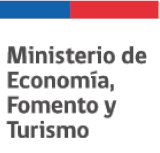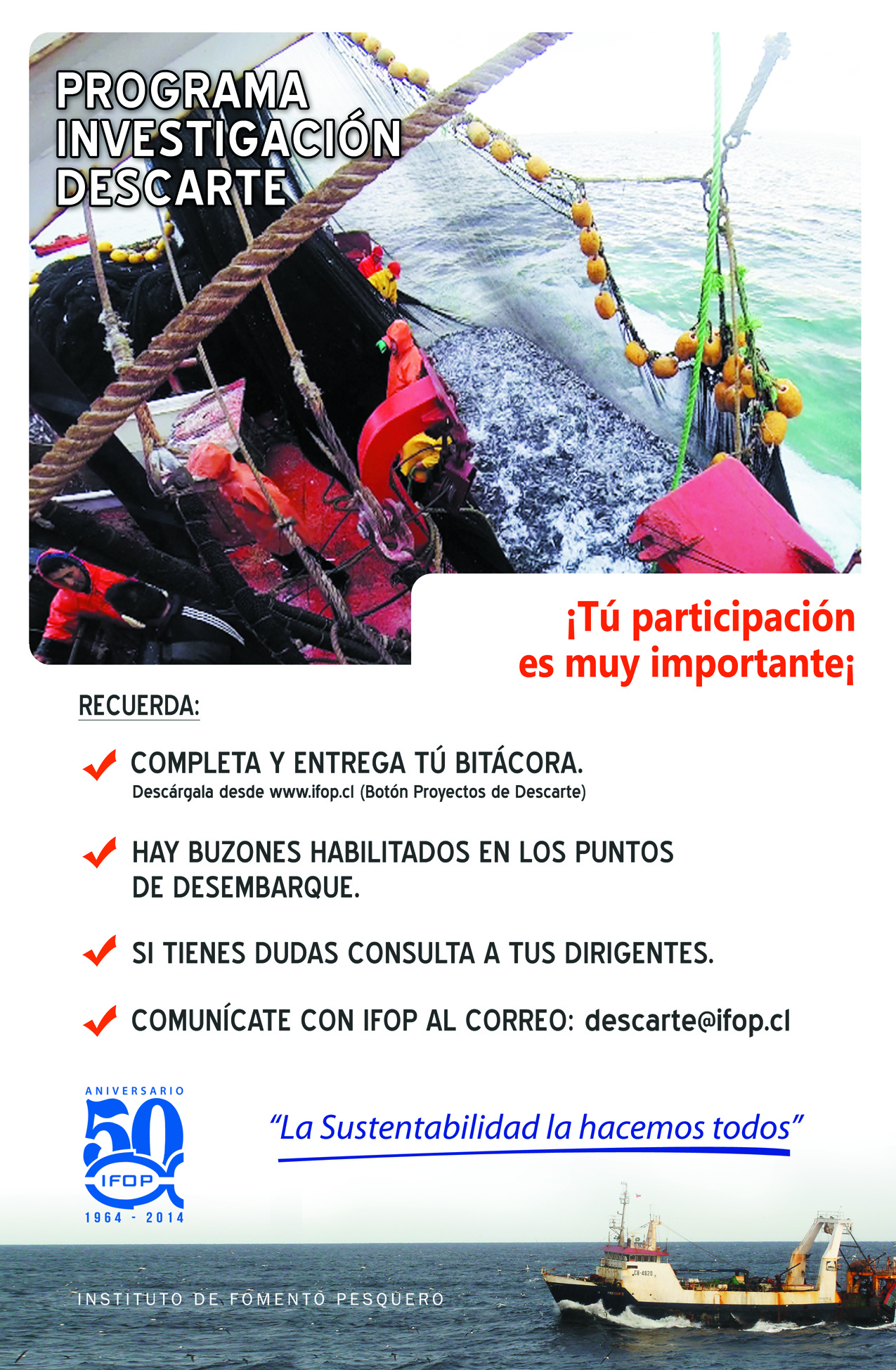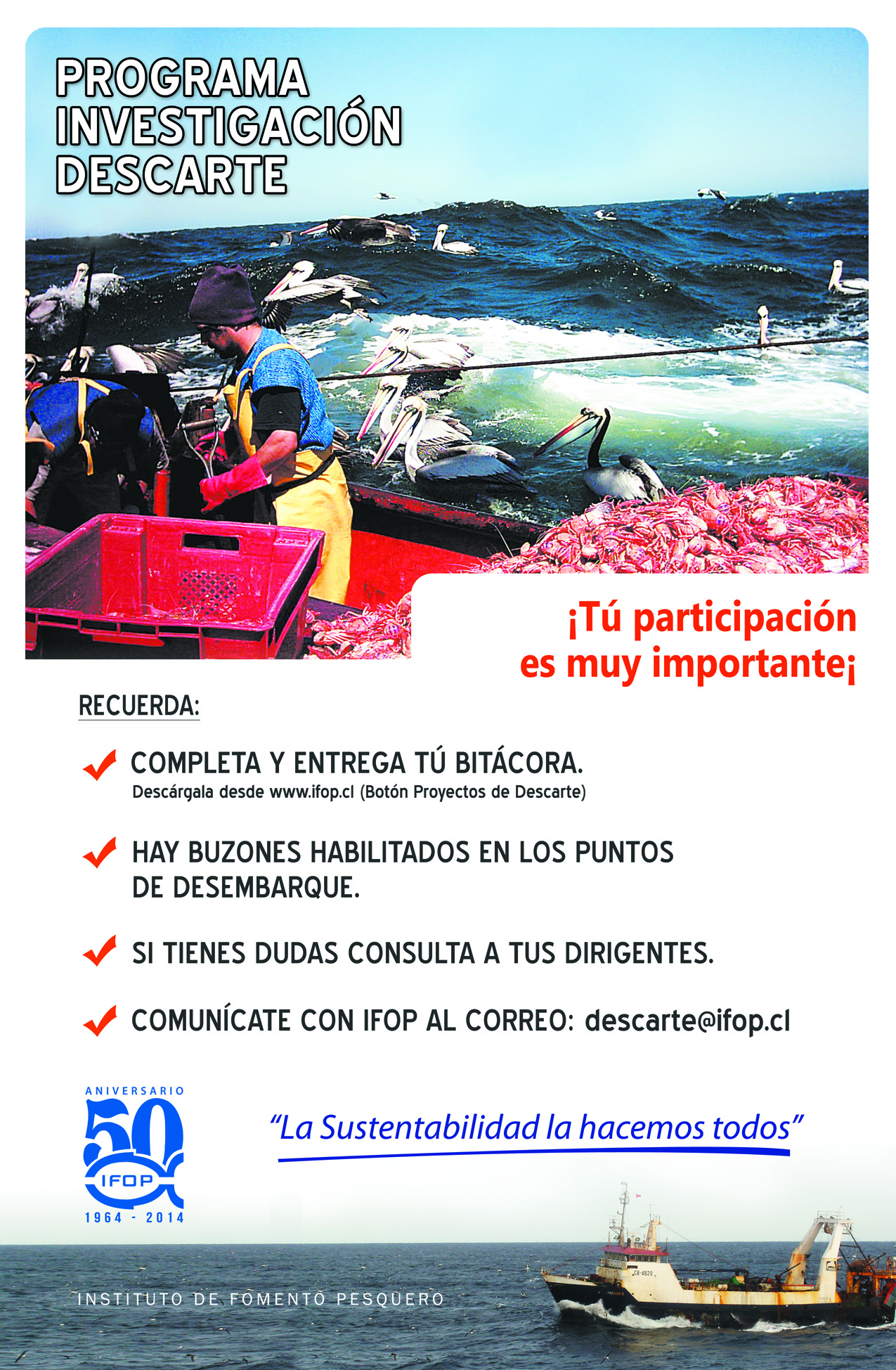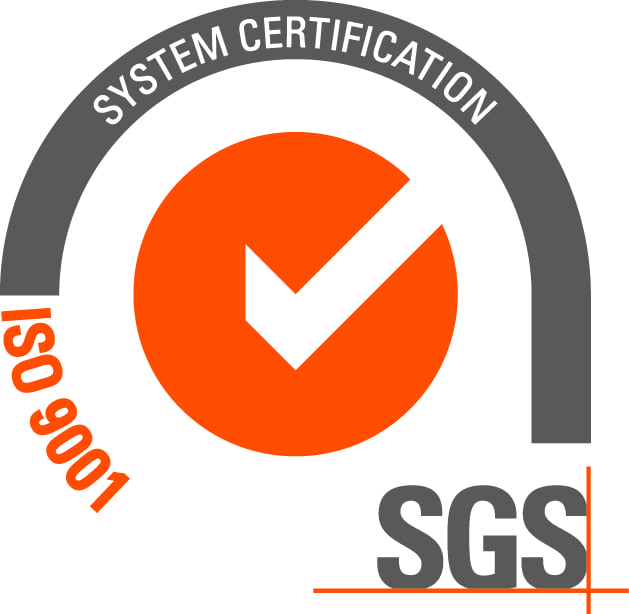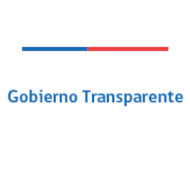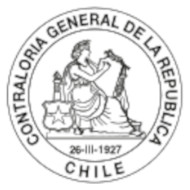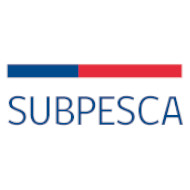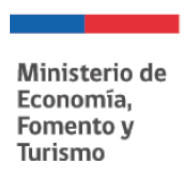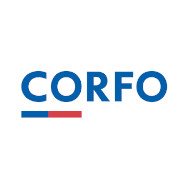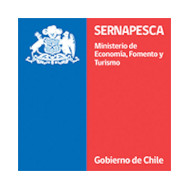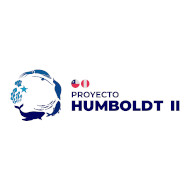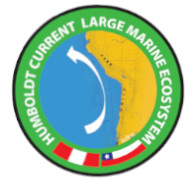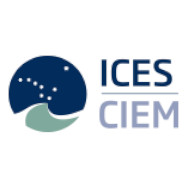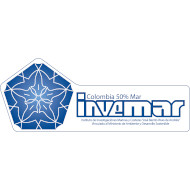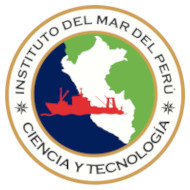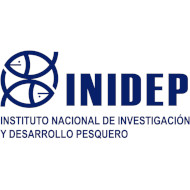Discard Program of Demersal and Pelagic fisheries
Actualizado al: 15.Jan.2026
The IFOP is currently developing two related to “discard” in Chilean fisheries projects:
1. The first one called “Research Program Discard and Incidental Catch Fishing 2014”, which serves demersal fisheries, shellfish, hake and hoki.
2. The second “scientific observer program 2014”, which serves discarding in purse seine fisheries of anchovy and sardine taking place between Regions V and X, both in the industrial and artisanal fleet . Both projects are developed by the Evaluation Department of Fisheries and are run by investigators Messrs. Marcelo San Martin L. Q. and Rodrigo Vega M., respectively. To download the files, simply click on the icon, it will open a new window and from there you can download the file or print it directly.
- Guía llenado Bitácora Descarte CERCO
- Bitácora Descarte CERCO
- Bitácora descarte capitanes ARRASTRE
- Instructivo de llenado bitácora descarte capitanes ARRASTRE
Terminology: “Speaking of waste in fisheries have used various terms and there have been several attempts to define. In the scientific and popular literature it has been used for over half a century ago the term “catch” that has been subject to different interpretations, some of them overlapping, sometimes contradictory. It is best to use the term generically, applying to the part of the consistent capture species or group of species that are not targeted by fisheries. However, when it comes to a specific part of the catch in terms of fisheries management it is better to give a more precise definition. The “total catch” is the amount collected by fishing gear to reach the deck. The “discards” represent the portion returned to the sea (for one reason or another). The remaining amount is the “landed catch” or “retained catch” (ie, which takes land), which can be subdivided into “deliberate capture” and “bycatch”, considering that the same species can pass from one group to another depending on size, market demand, season and other criteria, while other species may not be desirable or have limited value. ” Source: http://www.fao.org/docrep/meeting/ w3862s.htm



